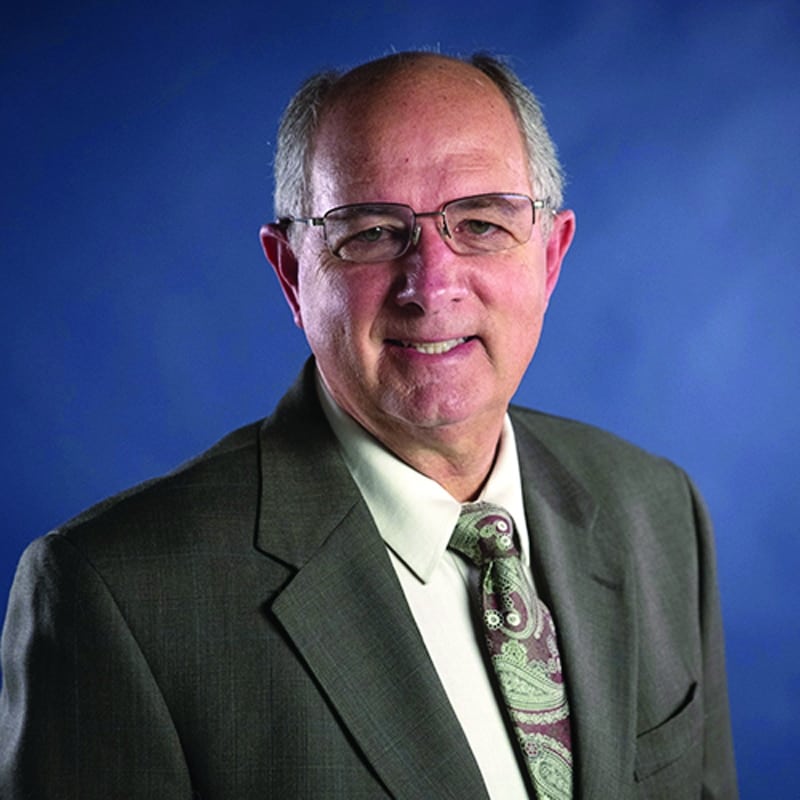By John Hebert, Louisiana Baptists missions and ministry team leader
ALEXANDRIA (LBM) – The Areopagus is just a bare marble outcropping near the Acropolis in modern-day Greece. It is an important tourist attraction because at one time it was the place where major decisions were discussed in the city of Athens – even court sessions were held there, especially murder trials.
By the Apostle Paul’s day, it was a place where new ideas were heard by the philosophers of the city.
More importantly for our purposes, it was the place where Paul made a speech to city leaders known as the sermon on Mars Hill.
In that speech Paul skillfully adapted his message using cues from the culture to more effectively communicate the Gospel, piquing interest by putting the message in terms that made sense to the locals. He was responsive to the community.
Serious church planters and leaders should always be responsive to the communities they are trying to reach. He must speak the language of the community — not just the dialect, but the local narrative or context, especially the prevailing elements of the culture.
In Athens the narrative was philosophical in nature, and it’s clearly visible in Paul’s approach recorded in Acts 17:22-23. “So Paul stood in the midst of the Areopagus and said, “Men of Athens, I observe that you are very religious in all respects. For while I was passing through and examining the objects of your worship, I also found an altar with this inscription, ‘TO AN UNKNOWN GOD.’ Therefore what you worship in ignorance, this I proclaim to you.”
As Paul passed through the city he was observant, “taking the pulse” of the city in order to determine how to communicate with them. He paid attention to the sights, sounds, conversations, and activity in the city. He paid attention to the lens they used to view issues and events, and he keyed in on their core values. He used all of this native perspective to contextualize the Gospel to the people in the marketplace of ideas.
Communicating the Gospel in ways that make sense within the local cultural context — being responsive to the community – is a critical leadership skill. Moreover, it is something that is very easy to learn. You simply need to know where to look and how to listen, and, you have to go outside of your own “view” of things.
Everyone looks at the world in their own way, a view that has been shaped by the values they hold, the life experiences they have accrued, the level of self-awareness they maintain, and a number of other human development issues.
Leaders need to account for their own lens in terms of evaluating the community they are trying to reach.
Likewise, leaders need to focus on how to reach individuals and groups in their present condition.
That does not mean we excuse sin, or even downplay the seriousness of sinful lifestyles. It means we try to understand them to do what Paul did at Mars Hill — relate to them.
It takes contemplation, study, and most of all prayer.
Of course, the purpose of trying to understand the perspective of the community is to develop a well organized outreach plan.
Fortunately, members of your congregation are members of the community, and no one speaks the local language better than the locals.
Make sure they are ready to be sensitive to needs they will discover and, as a congregation, be prepared to meet those needs.
As an example, I am presently the interim pastor working with a wonderful group of Christians at Simpson Baptist Church in Vernon Parish, Louisiana. Last year the local high school won the state championship in both basketball and baseball. There might be a number of ways to engage the community – music camp, art camp, etc. But, with the excitement about the school’s athletic successes, my inclination would be to hold sports clinics for younger kids.
Being responsive to the character of the community lets them know how much you care about them.
When you meet their needs, typically, they immediately or very soon will be open to the message of the Gospel.
Follow Paul’s example of awareness, and responsiveness, and faithfulness to deliver the Gospel message and you will be amazed at how effective a simple outreach plan will pay eternal dividends.




